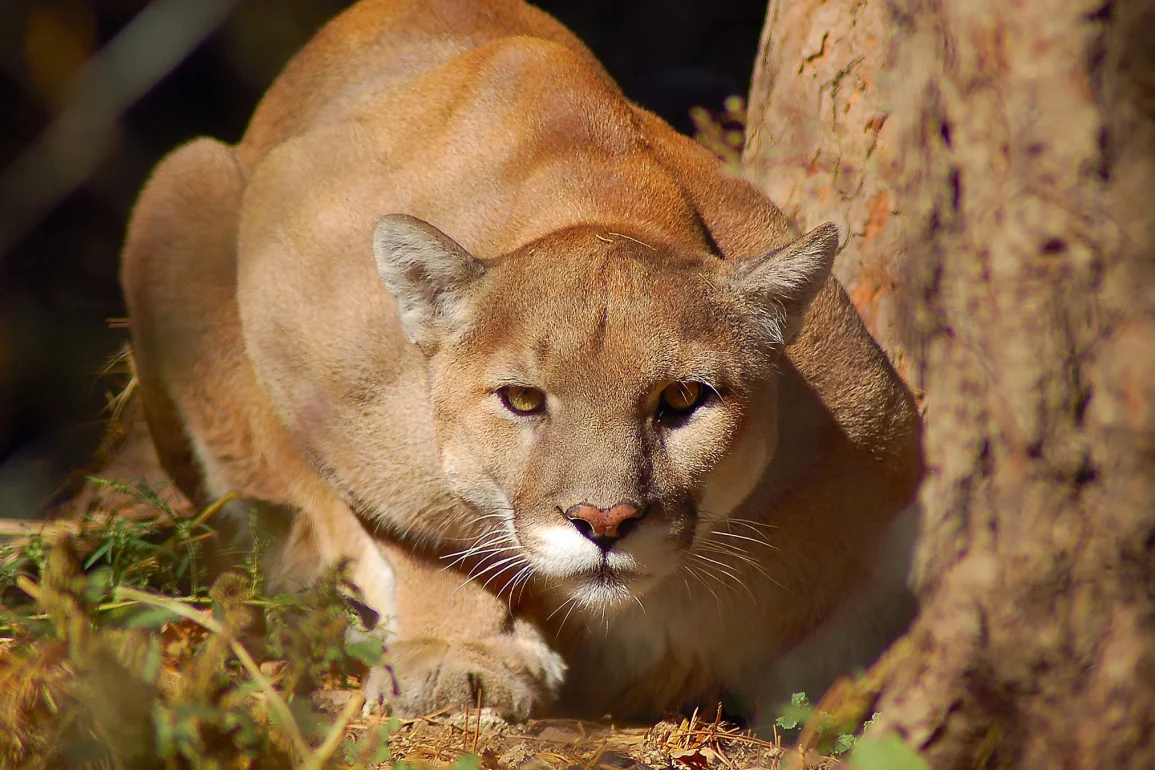As Boulder enters late fall and winter, residents and visitors are being warned of increased mountain lion activity in the area. A wildlife coordinator explained in a city press release that mountain lions, which have inhabited the region for thousands of years, are territorial animals that tend to be solitary. While these big cats generally avoid human interaction, their movements are more noticeable as they seek new territories, which can lead to more sightings in urban areas.
Mountain lions typically establish a single territory that they defend. However, if a lion leaves an area, another will often move in, making it difficult to fully address mountain lion presence by simply relocating them. The coordinator noted that removing a mountain lion can result in another lion taking its place, perpetuating the problem. Therefore, the city is prioritizing educating the community about what to do when encountering a mountain lion, rather than just focusing on removing the animals.

In cases where a mountain lion shows aggressive behavior toward humans, relocation or removal is considered. However, the primary advice given is for people to stay calm and follow safety guidelines during an encounter. The wildlife coordinator recommends avoiding panic and instead calmly speaking to the lion while backing away slowly. It’s also important to maintain eye contact with the animal, as turning your back could trigger an attack.
To prevent mountain lion encounters, several precautions can be taken. Installing bright outdoor lighting is a simple and effective strategy to deter mountain lions, as they prefer the cover of darkness. Additionally, residents should never leave pets outside unattended, especially at night, as they can attract mountain lions. Parents are advised to supervise their children closely when outdoors, particularly in low-light conditions. These steps can help reduce the likelihood of an encounter with the animals.
Although mountain lion sightings and instances of predation on pets or livestock do occur, the risk of human attacks remains very low. The wildlife coordinator emphasized that while it’s important to be vigilant, there’s no need for excessive fear. By following the safety tips and taking preventive measures, residents can coexist with these powerful creatures without significantly increasing their risk.

